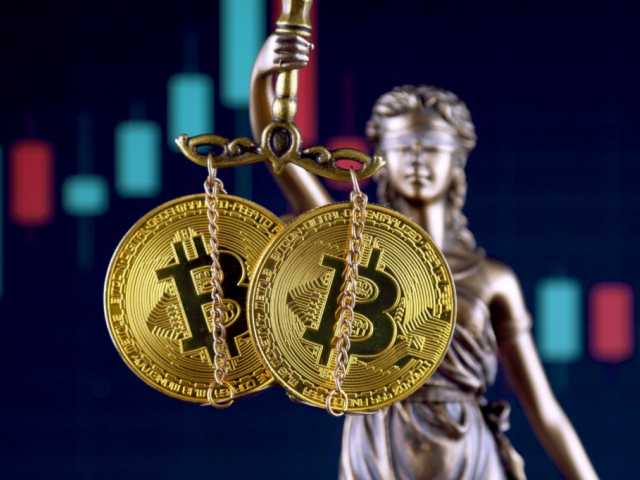
1. Possible inflow of institutional money into Bitcoin
In November, the world's largest exchange operator, Intercontinental Exchange (ICE), plans to launch a global regulated ecosystem for digital money, Bakkt, within which ordinary users and various institutions will be able to buy, sell, store and spend crypto assets. "Bakkt is being created to help crypto market to develop safely and effectively," ICE representatives said.

2. Regulators realized that BTC is the future
In March, a meeting of finance ministers and heads of central banks of the G20 countries was held in Buenos Aires. The forum participants discussed issues related to the regulation of the cryptocurrency and concluded that it does not yet threaten the world financial system.
Today a number of countries demonstrate a positive attitude towards cryptocurrencies. In particular, Gibraltar, Malta, and Switzerland intend to become the leading blockchain hubs.

3. Bitcoin ETF coming sooner rather than later
Currently, a solid number of applications for the launch of Bitcoin ETF is awaiting approval from the United States Securities and Exchange Commission (SEC). Since there are already derivatives on cryptocurrency on CFE and CME permitted by the Commodity Futures Trading Commission (CFTC), it is difficult to imagine that bitcoin ETF will not be approved by the SEC. And many believe that this is only a matter of time.

4. Bitcoin is an excellent asset for diversifying the investment portfolio
Specialists at Yale University (the USA) believe that cryptocurrencies, including bitcoin, are neither affected by the stock market and macroeconomic factors nor correlated with the currency or commodity assets.
According to analysts, each diversified investment portfolio should have from 1% to 6% of bitcoins.

5. Increased demand for cryptocurrency in emerging markets
Over the past few months, the volume of BTC trading has significantly increased in Kenya, Mexico, Nigeria, and the Philippines, and in countries such as Argentina, Venezuela, and Zimbabwe, the digital gold is one of the few viable alternatives to local rapidly depreciating currencies.
According to experts, despite the fact that the majority of cryptocurrency buyers from developing countries are small retail investors, their activity indicates a tendency to recognize bitcoin at the global level.
 English
English 
 Русский
Русский Bahasa Indonesia
Bahasa Indonesia Bahasa Malay
Bahasa Malay ไทย
ไทย Español
Español Deutsch
Deutsch Български
Български Français
Français Tiếng Việt
Tiếng Việt 中文
中文 বাংলা
বাংলা हिन्दी
हिन्दी Čeština
Čeština Українська
Українська Română
Română
